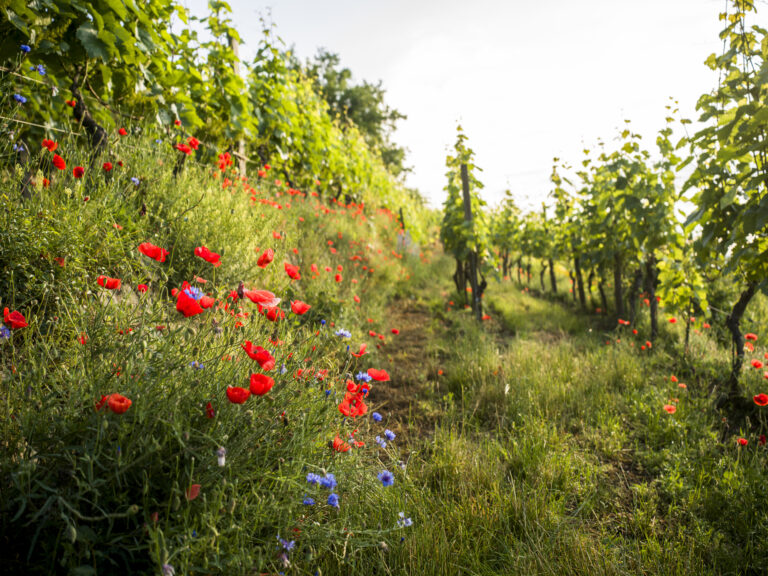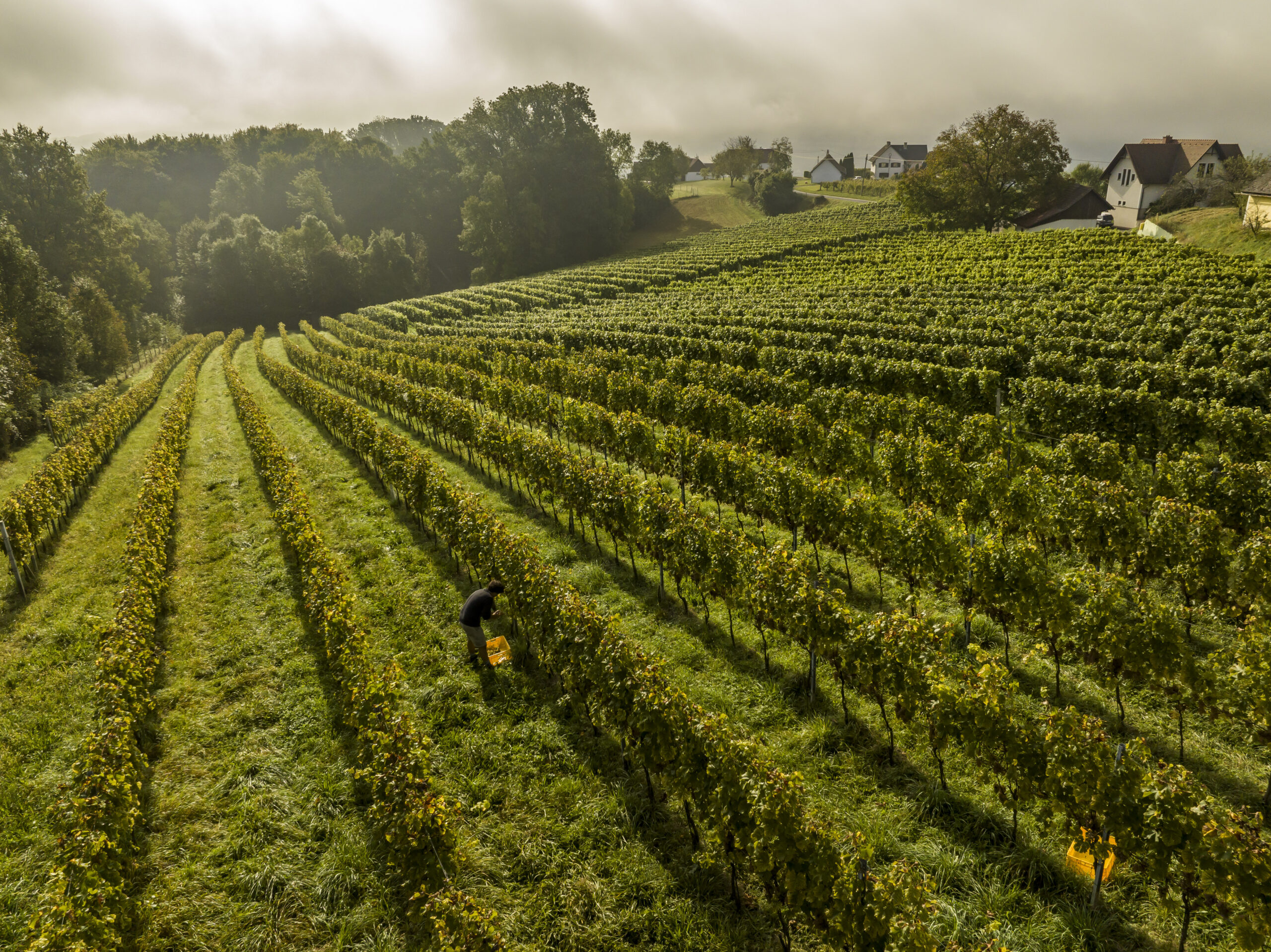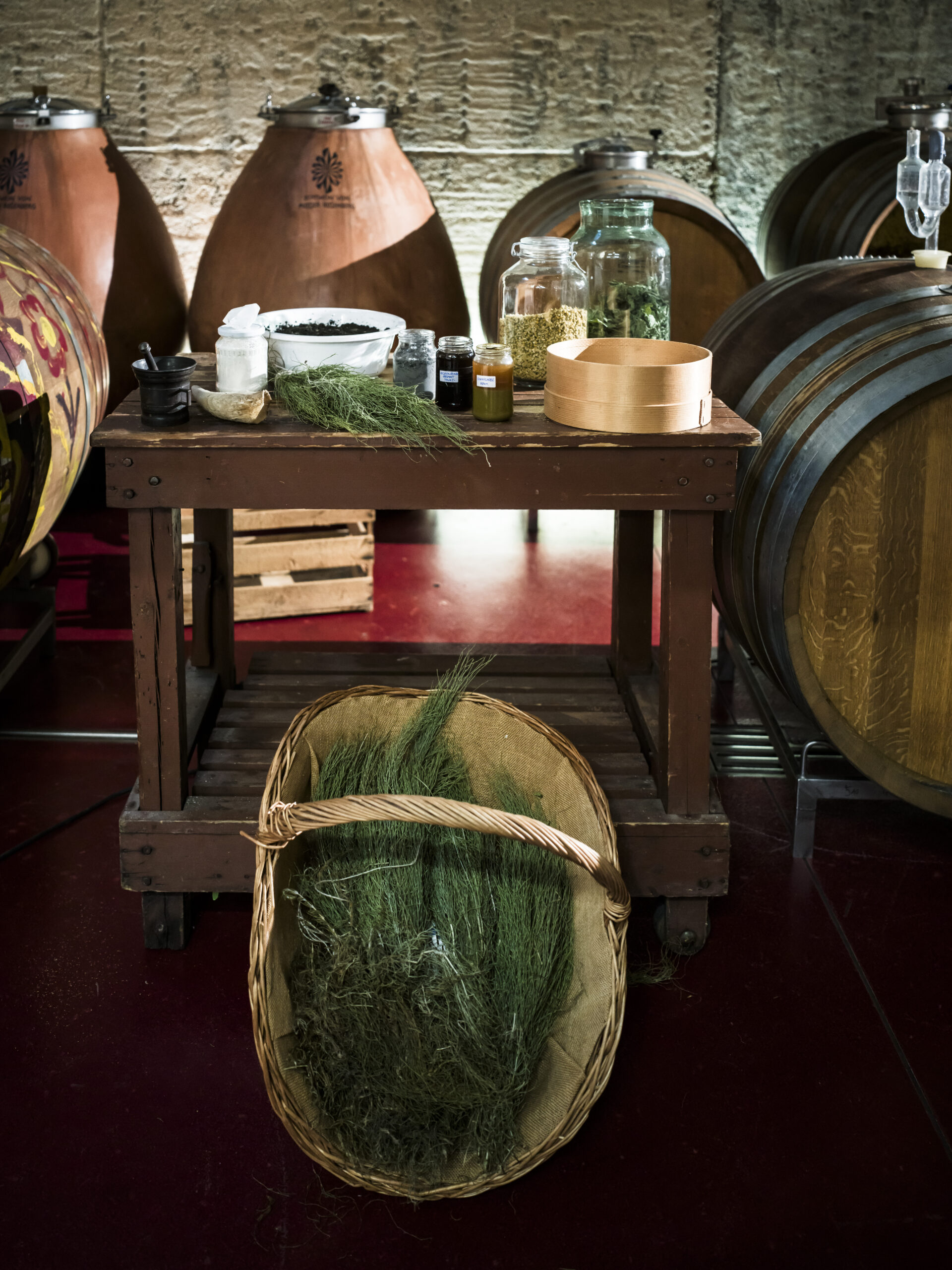
Austria retains its lead in organic viticulture
2025-09-01– According to the latest figures released by the Federal Ministry of Agriculture, exactly one quarter (25.0%) of the area under vine in Austria for the first time ever has been certified as organically cultivated. This is a new record level for Austria, allowing the country to maintain its position as the world leader in organic viticulture.
A total of 10,524 hectares, 25% of Austrian vineyards, Austria are certified as organically cultivated, more than ever before – thereby confirming Austria’s pioneering role on the international stage when it comes to organic viticulture. According to the report “The World of Organic Agriculture 2025” (FiBL & IFOAM), Austria’s share of organically cultivated vineyards had already reached 22.6% by 2023, putting it in first place among the major wine-producing countries – way ahead of Spain (17.8%), France (17.4%) and Italy (14.6%).
“A quarter of all viticulture being organic is an incredible achievement!” claims Chris Yorke, CEO of Austrian Wine Marketing (Austrian Wine). “We must not forget that we have to cope with more difficult climatic conditions in Austria, compared to other, bigger wine-producing countries. That does not make organic viticulture any easier – in fact, quite the opposite. But our winemakers are convinced that environmentally conscious viticulture is the right way to go in the future – and they are still going this way, despite the difficult times we are facing right now.”

Increased workload and greater risk for winemakers
Both in the vineyard and in the cellar, organic winemakers have less support available to them, because some solutions, such as easily soluble mineral fertilisers or synthetic plant protection products are prohibited. The aim is to improve the health, fertility and biodiversity of the vineyard’s ecosystem. For the winemakers, organic viticulture means more, often manual labour when taking care of the vineyards and the vines. At the same time, there is an increased risk of lower yields if the climatic conditions are unfavourable.

25 percent in 25 years
Despite this increased workload and business risk, an ever-growing number of Austrian winegrowers are choosing to engage in organic viticulture. In 2000, only 1.7% of vineyards in Austria were organic. Since then, it has risen rapidly and has now hit the one-quarter mark for the first time. Other environmental certification programmes are also common in the Austrian wine industry, with 14% of the organic vineyards also being cultivated using biodynamic methods. Furthermore, 27% of the area under vine in Austria has been certified by Sustainable Austria (Nachhaltig Austria), for which 380 operational measures are evaluated – from cultivation methods in the vineyard to the weight of glass used in the wine bottles.
High demand in Scandinavia and Canada
As Yorke explains, “Environmentally conscious viticulture – whether organic, biodynamic or sustainable – also opens up new business opportunities because these wines are in high demand among certain customer groups and in export markets such as Scandinavia and Canada. As our winemakers are known internationally for their particularly environmentally conscious production practices, the demand for Austrian wines has been increasing in these markets for many years now – and there is still considerable potential.”
Credit Photos: © Austrian Wine / www.pov.at
